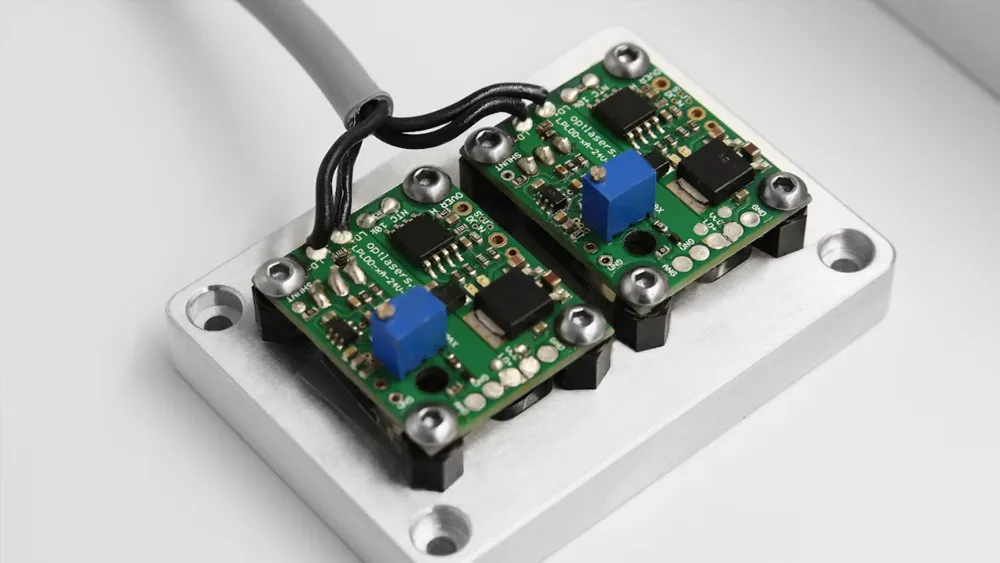
RS Radiation Susceptibility Test
The RS Radiation Susceptibility Test, also known as Radiation Sensitivity Test, is one of the fundamental EMC (Electromagnetic Compatibility) test procedures, assessing the ability of various devices, equipment, or systems to withstand radiation. Higher sensitivity correlates with lower immunity to interference, and these tests are typically conducted in a darkroom.
Testing Standards
1. IEC 61000-4-3, GB/T 17626.3 "Electromagnetic Compatibility (EMC) - Testing and measurement techniques - Radiated, radio-frequency, electromagnetic field immunity test"
2. CISPR 35, GB/T 9254.2 "Information technology equipment, mULtimedia equipment and receivers - EMC requirements - Part 2: Immunity requirements"
3. CISPR 14-2, GB 4343.2 "Electromagnetic compatibility requirements for household appliances, electric tools and similar apparatus - Part 2: Immunity"
4. IEC 61547, GB/T 18595 "EMC immunity requirements for lighting equipment for general lighting purposes"
RS Radiation Susceptibility Test
Testing Equipment
Signal generator
Power amplifier
Transmitting antenna
Field strength probe, etc.
Testing Frequencies
80MHz to 1GHz
1.4GHz to 2GHz
2GHz to 2.7GHz
Application Characteristics
1. EMC is a highly interdisciplinary field requiring knowledge accumulation across various disciplines.
2. Electromagnetic interference has complex relationships with factors such as structure, circuits, and processes.
3. Analysis of interference sources and how to suppress electromagnetic disturbances requires theoretical analysis, extensive field trial experience, practical rectification experience, and a comprehensive understanding of interdisciplinary technical levels.
4. The electromagnetic compatibility characteristics of different systems vary greatly, and successful experiences are only limited references.
5. Many distributed parameters in circuit analysis are unpREDictable.
6. There is a high dependence on testing and diagnostic equipment.
Email:hello@jjrlab.com
Write your message here and send it to us
 Canada ISED Certification RSS-247 Standard Testing
Canada ISED Certification RSS-247 Standard Testing
 What Are the Product Compliance for Amazon Austral
What Are the Product Compliance for Amazon Austral
 Australia IoT Security Compliance
Australia IoT Security Compliance
 V16 Warning Light EU EN 18031 Cybersecurity Certif
V16 Warning Light EU EN 18031 Cybersecurity Certif
 Japan IoT Security JC-STAR Certification
Japan IoT Security JC-STAR Certification
 FCC SDoC Compliance Information Statement
FCC SDoC Compliance Information Statement
 What Does FCC SDoC Certification Mean?
What Does FCC SDoC Certification Mean?
 What is Bisphenol A (BPA) Testing?
What is Bisphenol A (BPA) Testing?
Leave us a message
24-hour online customer service at any time to respond, so that you worry!




